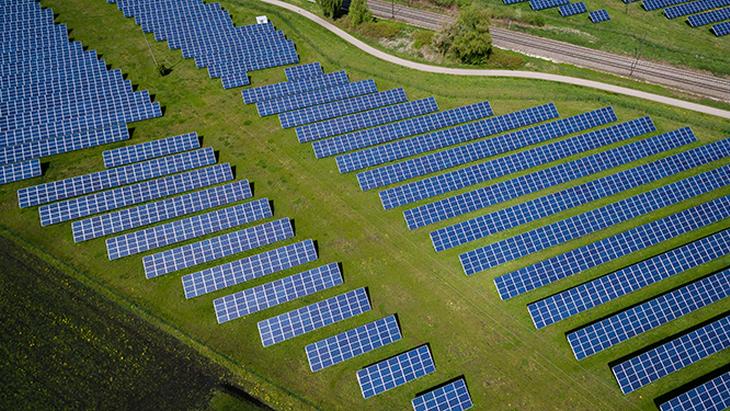Renewable power purchase agreements (PPAs) – direct contracts between corporate companies and electricity suppliers – are expected to become a major driver for more market-based renewables deployment in the coming years. However, the take-up of this concept has been much slower than expected. Although EU countries were required to report on and remove any barriers to these renewable PPAs in their national energy and climate plans (NECPs), only 8 EU countries have done so.
The European Commission (EC) has therefore decided to provide guidance on ways of reducing the duration and complexity of these procedures, and through this consultation is seeking to clarify the different aspects at play under current practices. On January 18, the EC has launched a public consultation on how to improve permit-granting procedures for renewables projects and facilitating Power Purchase Agreements (PPAs). The input will serve as preparation for a Commission guidance document, due for publication in the summer, aimed at facilitating an acceleration in the deployment of renewables in the EU in the context of the ambition to achieve at least 40% share of renewables in the energy mix by 2030.
Administrative barriers, in particular in the granting of permits, have long been identified as a common bottleneck for the deployment of renewable energy projects which discourage potential investors. While the 2018 Renewable Energy Directive introduced rules on the organization (single contact points) and maximum duration of the permit-granting process, stakeholders have underlined how additional guidance, such as the sharing of good practice, would help provide further improvement on the ground.
The public consultation looks at key barriers and good practices for accelerating permitting procedures for renewable energy projects – with questions to public authorities, questions to project promoters and associations, and more broadly questions about how best to facilitate PPAs.
In line with EU better regulation principles, the consultation will run for 12 weeks until 12 April 2022. The consultation is available in all 24 EU languages.
